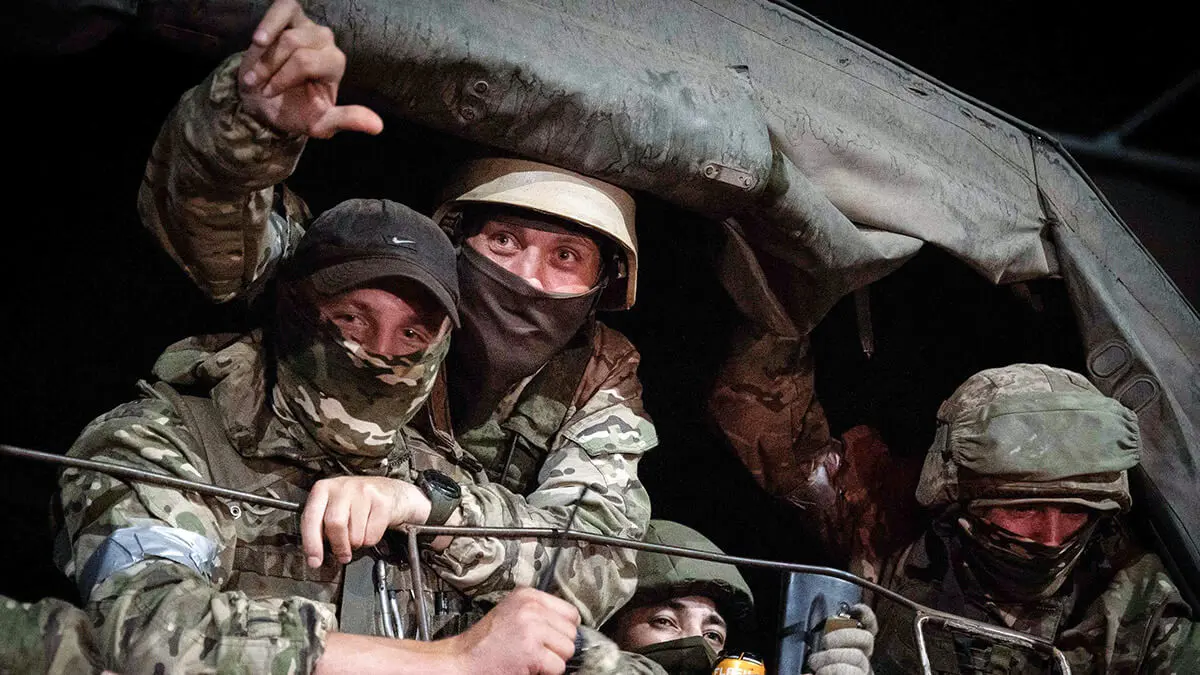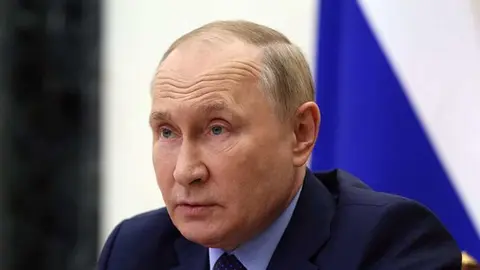The Wagner Group, Putin's armed wing in his "conquest" of Africa

Until a few months ago, when it began to play a leading role in the war in Ukraine, the Wagner Group's international presence and even its own existence as a multinational company dedicated to making a fortune with the services and even professional service businesses that it had been providing in different parts of the world, always in the service of Russian interests and under Putin's supreme authority, went largely unnoticed.
It is known that his story is that he was born under the initiative of Yevgeny Prigozhin, a delinquent from St. Petersburg, also Putin's city of birth, with whom he became a close partner, who, after leaving prison, serving a ten-year sentence, dedicated himself to producing and selling hot dogs, a street business that it is not known how he quickly turned into a restaurant that provided miserable menus for school children and, it seems, later expanded to providing rations for soldiers.
Numerous stories circulate about all this, which in the end always confirm that an unscrupulous character ended up recruiting prisoners and professional soldiers with whom he created a militia, a private and professional army that functioned as a military services company, dependent on the Kremlin, which would soon be confronted by the Federation military who did not look kindly on them, but had no options left to oppose them. The first time they appeared on the scene of violence was precisely in Ukraine during the Maidan Square revolt in 2014, the precedent of the current war, and later in the clashes in the Dombash region where, thanks to their strength, Russia managed to impose an independent breakaway under the tutelage of Moscow.
In the meantime, the militia, always at Putin's service, began to expand beyond Russia's borders, but always in its own interests. Africa, where Putin is trying to increase his influence, became their target, as the armed wing of the Kremlin. They first appeared in the Syrian war. Their intervention then spread to nine other countries, where they fulfilled agreements negotiated by Putin to protect the personal security of dictators, intervening in conflicts such as those in Mali, Mozambique, the Central African Republic, Libya and, most recently, Sudan.
It is estimated that it currently has 5,000 mercenaries in Africa who charge the governments that protect, torture and murder their opponents and take advantage of the situation to extort money from local businessmen and exploit mineral and precious stone reserves, such as diamonds and uranium. One of the unknowns at the moment is what their future will be. After the weekend's incidents, which in reality was a challenge to the regular armed forces, the organisation is based in Belarus, whose president, the dictator Lukashenko, always under Putin's orders, acted as mediator and halted the advance of the Wagner Group's units towards Moscow.
The question is whether they will stay there. Their rebellion was known in advance by the CIA and by a Russian general who alerted the Kremlin, and to little surprise, Putin ordered Lukashenko to use force to stop the rebellion and even to assassinate Prigozhin, something which, by his own admission, the Belarusian president refused to do, arguing that it would lead to a bloodbath. What he did do was to put him on a plane and fly him to Minsk under Putin's threat to suppress the attempt that had brought the country to the brink of civil war.
But the confusion of a story that seems more appropriate for a movie continues to offer surprises and leave unknowns. Later, Putin seems to have rectified the situation and announced something of a pardon for all the rebels, surely aware that the 50,000 militiamen under Prigozhin's ruthless authority deployed in Ukraine remain essential to counter the progress being made by the Ukrainian counteroffensive in the south. Some reports claim that Putin acknowledged that between 2022 and 2023 the Wagner Group had been paid more than 800 billion roubles for its services.


